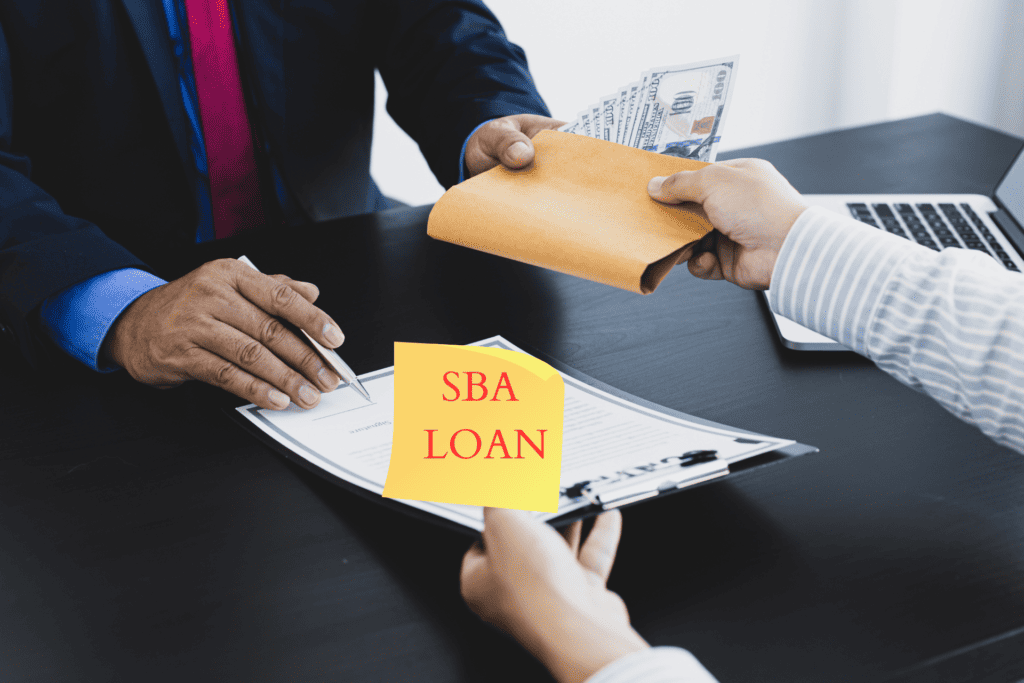
During the Covid pandemic, a number of businesses got loans from the Small Business Administration. Now, some of these loans are in default. Based on our experience, and other information available, the SBA has not been overly aggressive on collecting past due loans. Although we’ve had quite a number of clients facing lawsuits, we haven’t had any who have been sued by the SBA.
When the SBA does start lawsuits or other collection procedures, the options will be the same as when dealing with any creditor — (a) fight (b) settle (c) ignore and (d) file a bankruptcy.
SBA loans can generally be discharged in bankruptcy. A discharge is an order from a court saying that a debt is not collectible. Some types of debt that cannot be discharged in bankruptcy are most taxes, fines owed to the government, alimony and child support. SBA loans do not fall in any of these categories.
Another category of non-dischargeable debt is debt incurred through intentional wrong-doing, such as fraud, theft or embezzlement. To determine if a debt is non-dischargeable based on these grounds, a creditor would have to file an Adversary Proceeding, meaning a lawsuit within the bankruptcy court, asking the court to declare the debt still owing despite the bankruptcy.
Some debts owing to the SBA might fall under this category – such as where the business owner obtained the loan through fraud (a false financial statement) or under fraudulent pretenses (such as using the funds to buy a new yacht rather than to keep the business going).
If you are faced with defaulted SBA loans (or other unpaid debts), we can give you a free analysis of your options.
